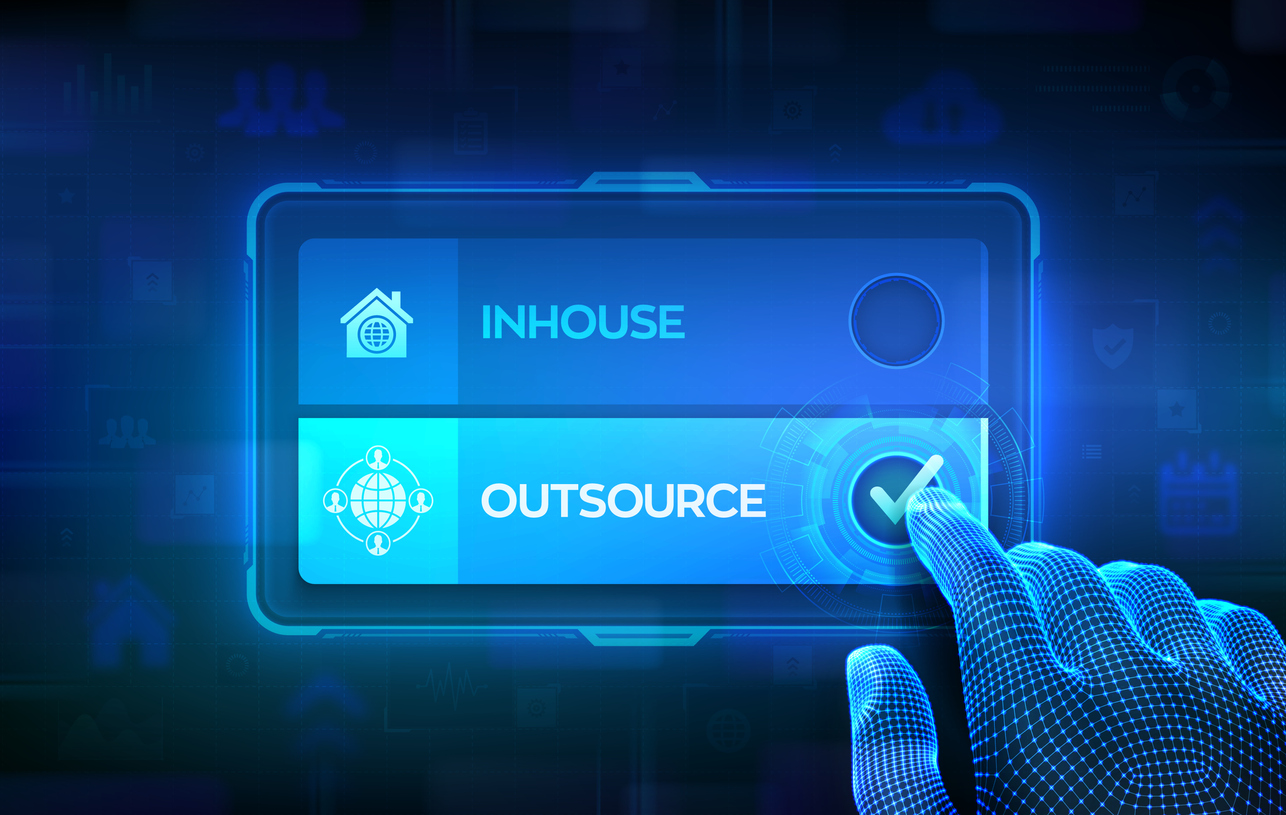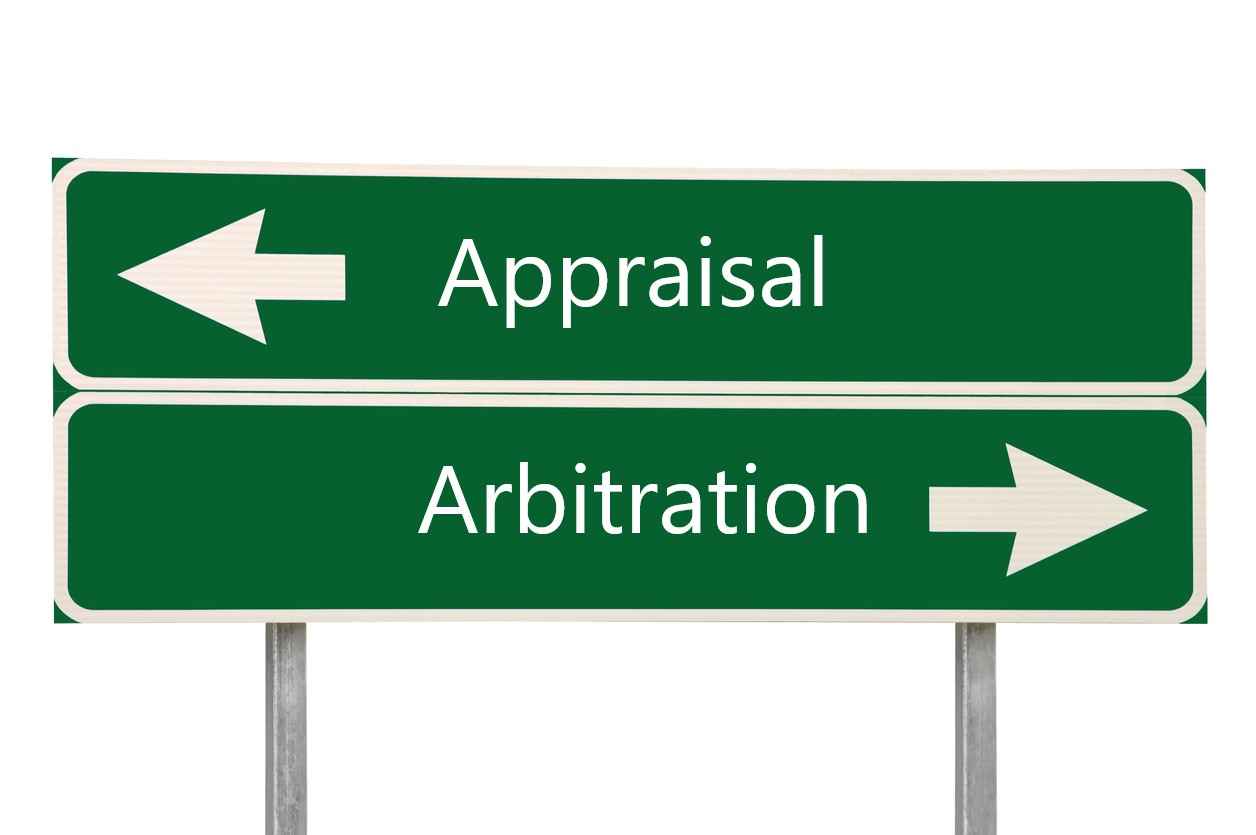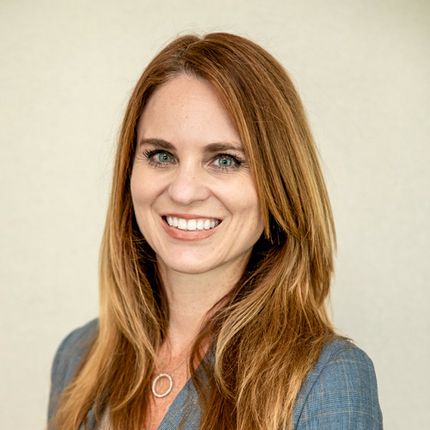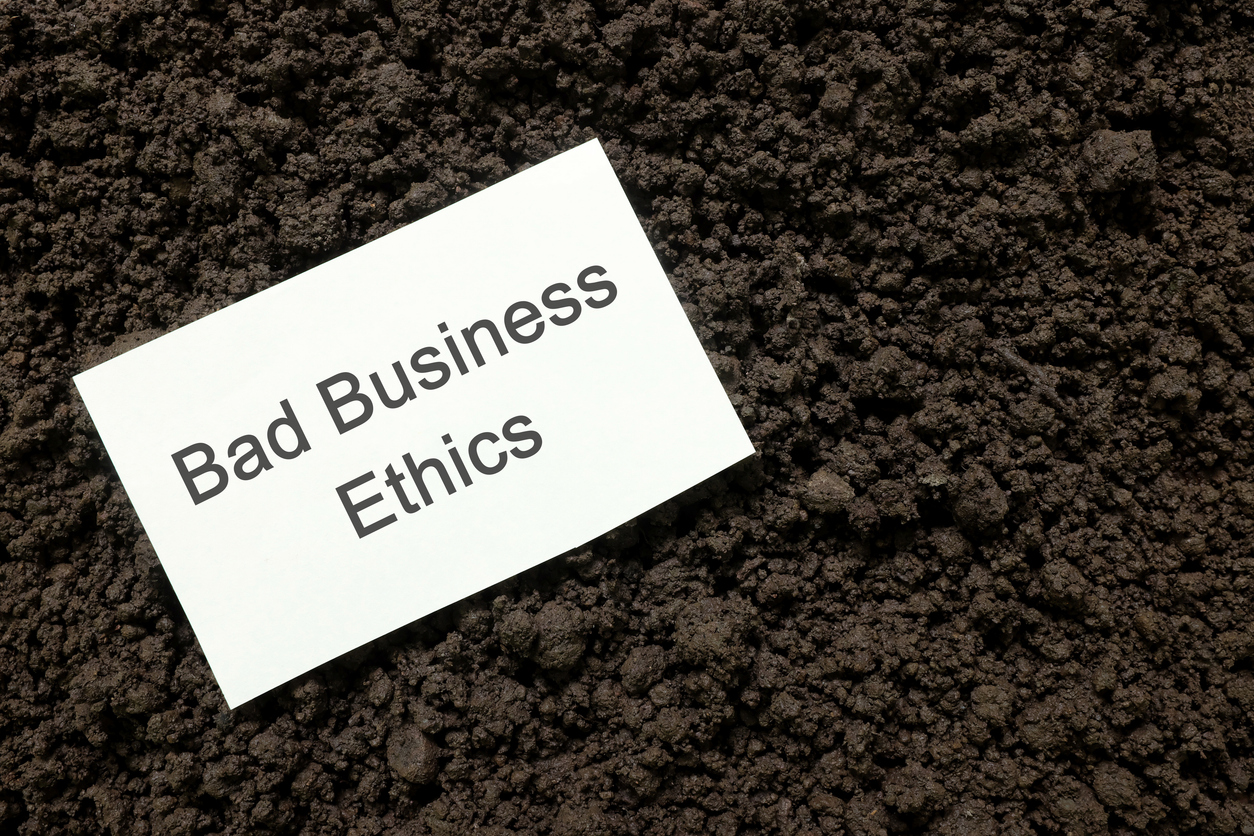The focus of insurance company vendors is on saving the insurance company money on indemnity dollars paid to the insurance company customers. They are not licensed adjusters with obligations of good faith to serve policyholders or uphold the public’s trust in the insurance industry. The big business of insurance vendors has devoted business development departments with skilled salespeople who incessantly try to sell claims managers on how the company they work for can reduce the amount of money paid to policyholders on a claim.
Want a recent example of this? I would suggest reading an article, Reducing Claims Overpayment Is Vital for Carrier Survival, written by the Vice President of Business Development for an insurance company contents and inventory vendor. While mentioning underpayment twice in the article and not offering any suggestions about how to avoid underpayment, the message is clear in the second part of the article, which states:
Containing the scourge of claims leakage requires carriers to commit to making strategic operational changes. Begin by reviewing and valuating the insured’s belongings as soon as possible after the reported loss. Advising the claimant not to relocate items to a different address will also increase accuracy.
A claims department can go about reducing leakage even further by utilizing workflow technology to automate repetitive tasks, driving process efficiency. This might be as simple as allowing the insured the ability to complete and download information about their loss through a portal on the carrier’s website.
Another effective strategy for reducing overpayment is to establish relations with a third party that can handle the heavy lifting required for detailing inventory and valuations. Contents advisors should have access to reference valuation materials and pricing expertise that insurance carriers may lack, including tools that can value each item in an inventory with accurate like, kind and quality (LKQ) values.
When a contents inventory is completed immediately after a loss, an accurate reserve can be made and the time to settlement shortened, reducing risk for overpayment. Quality control processes can be implemented to identify and address areas of waste and inefficiency.
Carriers can create a culture of accountability, enabling employees to do their part to reduce overpayment of contents claims. Insureds should be educated upfront about the importance of documentation and accurate record-keeping.
In brief, to combat claims leakage, insurance carriers can employ various strategies such as implementing a targeted leakage reduction claims process, conducting regular audits, investing in third-party inventory and valuation expertise, deploying fraud detection controls, providing policy awareness and procedural training for claims handlers, and improving communication with policyholders.
Identifying and preventing claims leakage is worth the effort, as it can translate to millions of dollars in gains for an industry operating on thin margins—capital that can be reinvested or utilized to adapt generative AI platforms to expedite underwriting, automate tedious processes and achieve accurate settlement amounts.
This is not the attitude needed to properly adjust contents claims, as noted in Contents Claim Adjusting Is Tedious, Time Consuming and Few Insurance Carriers Do It Right.
If insurance companies sell personal property insurance coverage, why don’t they have a sufficient number of passionate and licensed property insurance adjusters who will promptly evaluate the contents loss and fully pay their customers? That is the promise they made and how the insurance product is supposed to work. I can appreciate that the insurance company can hire passionate and motivated independent adjusters to do this as well. But why hire unlicensed vendors to do the adjuster’s job? Why hire third parties who seem to be motivated to shortchange policyholders in order to gain the insurance company’s business?
To be fair, some insurance companies do a great job with contents losses. I made reference to Chubb doing so in Contents Claims Are Important and FedNat Does Not Adjust Contents Claims.
Policyholders with losses deserve to have insurance adjusters who are dedicated to them receiving full and prompt indemnity. Do property insurance company vendors have the type of passion described by Ron Papa?
[You need to have compassion, patience, good listening skills, and, most importantly, be a creative thinker. A…cannot look at this as a nine-to-five job. You have to constantly think about how to solve the client’s problems, which often means calling the client in the evening. If you do not have that internal passion for the business, I think you should be doing something else.1
Policyholders should be wary anytime an insurance company calls out a vendor to determine the value of a loss. Most of the time, that vendor is not trying to find the full amount which could be owed on a claim. It should not be this way. But that is the reality.
This problem is not new because I reported it over a decade ago in Financial Pressures on Insurance Vendors and Experts. But the trend of property insurance companies outsourcing all aspects of claims adjustment has increased tremulously since then. Third-party vendors doing adjustment work are now big business partners of insurance company claims departments, as I recently noted in Can Policyholders Trust Insurance Company Retained Experts?
Thought For The Day
Electric communication will never be a substitute for the face of someone who with their soul encourages another person to be brave and true.
—Charles Dickens
1 Ron Papa – Public Adjuster Spotlight, Property Insurance Coverage Law Blog, Aug. 12, 2023.




